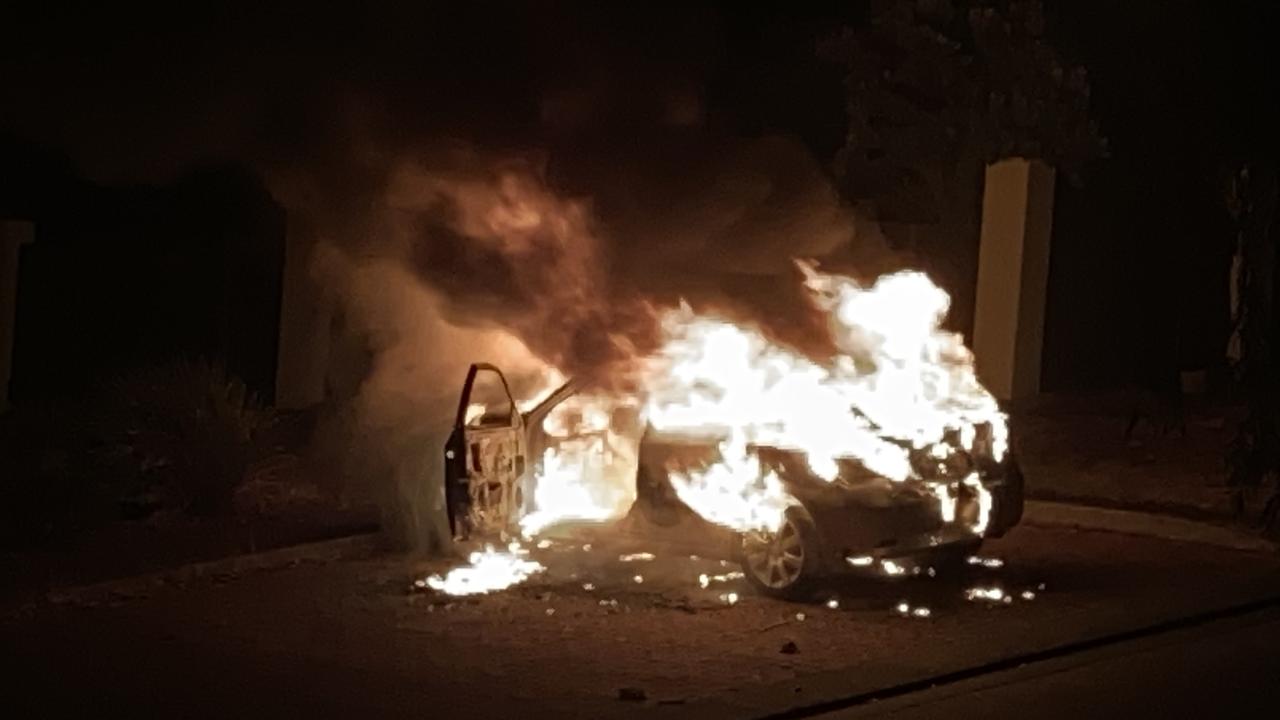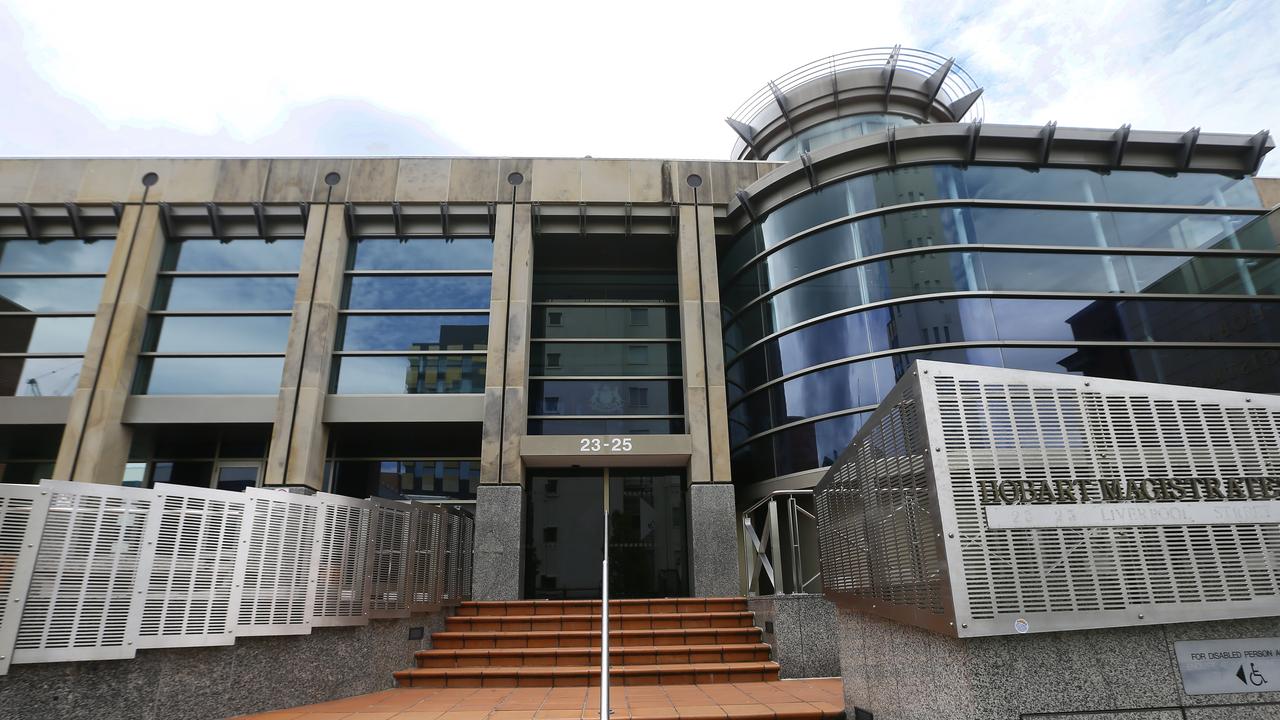Susan Neill-Fraser has lodged her second appeal against her murder conviction at the Supreme Court in Hobart
UPDATED: Susan Neill-Fraser’s has filed her second appeal, which reveals the “fresh and compelling evidence” she hopes could overturn her murder conviction. READ THE APPEAL DOCUMENTS

Scales of Justice
Don't miss out on the headlines from Scales of Justice. Followed categories will be added to My News.
SUSAN Neill-Fraser’s second appeal against her 2010 murder conviction has been lodged with the Supreme Court in Hobart, and sets out the “fresh and compelling evidence” she relies on in her bid to clear her name.
Neill-Fraser, 65, is serving a 23-year jail sentence for murdering her partner Bob Chappell, 65, on board the couple’s yacht Four Winds on Australia Day 2009.
According to the two-page notice of appeal filed with the court on Friday, Neill-Fraser argues “fresh and compelling evidence establishes that there has been a substantial miscarriage of justice”.
READ THE FULL TEXT OF THE APPEAL DOCUMENT
TIMELINE: THE EVENTS IN THE MURDER SAGA
Neill-Fraser argues there is fresh and compelling evidence that:
A THEN 15-year-old homeless girl, Meaghan Vass, had boarded Four Winds and that Mr Chappell was attacked while Ms Vass was on board the yacht.
EVIDENCE led by the prosecution at the 2010 trial in relation to DNA and Luminol — a screening agent for blood — testing was misleading, as was a winching reconstruction on Four Winds.
THE dinghy seen near the Four Winds around the time Mr Chappell was attacked was not the Four Winds’ tender.
Ms Vass, whose DNA was found on Four Winds, gave evidence when Neill-Fraser’s application to appeal was still before the court.
Neill-Fraser’s lawyers tendered a document that purported to be a statutory declaration by Ms Vass, signed on April 27, 2017, that asserted Ms Vass was on the Four Winds on Australia Day 2009 with people she would not name, was scared, and would not provide any further details. She also said “the lady Sue Neill-Fraser was not on the yacht”.
When she gave evidence before Justice Michael Brett, who granted Neill-Fraser leave to file her second appeal, Ms Vass said she signed the document but it was not true and she had been coerced into signing it out of fear.
She denied she had ever been on Four Winds.
Neill-Fraser applied to reopen her case for the appeal after it was revealed on a 60 Minutes TV program that aired in other states on March 10 that Ms Vass had made an affidavit concerning the events on the Four Winds on the night of January 26, 2009. Justice Brett received the affidavit, dated February 25.

Justice Brett said the document contained “direct and detailed admissions of Ms Vass’s involvement in the events aboard the Four Winds on the relevant night”.
“In particular Ms Vass states that she was present on the yacht with two identified male companions. She witnessed at least one of the males assault Mr Chappell. She recalls seeing a lot of blood. The affidavit does not directly address what became of Mr Chappell. Ms Vass claims that she cannot recall leaving the yacht or what happened after the assault.”
The Court of Criminal Appeal in 2012 dismissed Neill-Fraser’s first appeal against her conviction, and the High Court refused her application for leave to appeal.
A right-to-appeal law introduced in 2015 gave Neill-Fraser a chance to apply for a second appeal.
After a series of hearings held in 2016, 2017, 2018 and early this year, Justice Brett said in March that Neill-Fraser had a reasonable case to present to the Court of Criminal Appeal, and it was in the interests of justice that she be given a second appeal.
“Leave [to appeal] must be granted if I am satisfied that the applicant has a reasonable case to present to the Court of Criminal Appeal that there is fresh and compelling evidence, and I am satisfied that it is in the interests of justice for leave to be granted,” Justice Brett said in his March decision.
A date for hearing of the second appeal is yet to be set.


